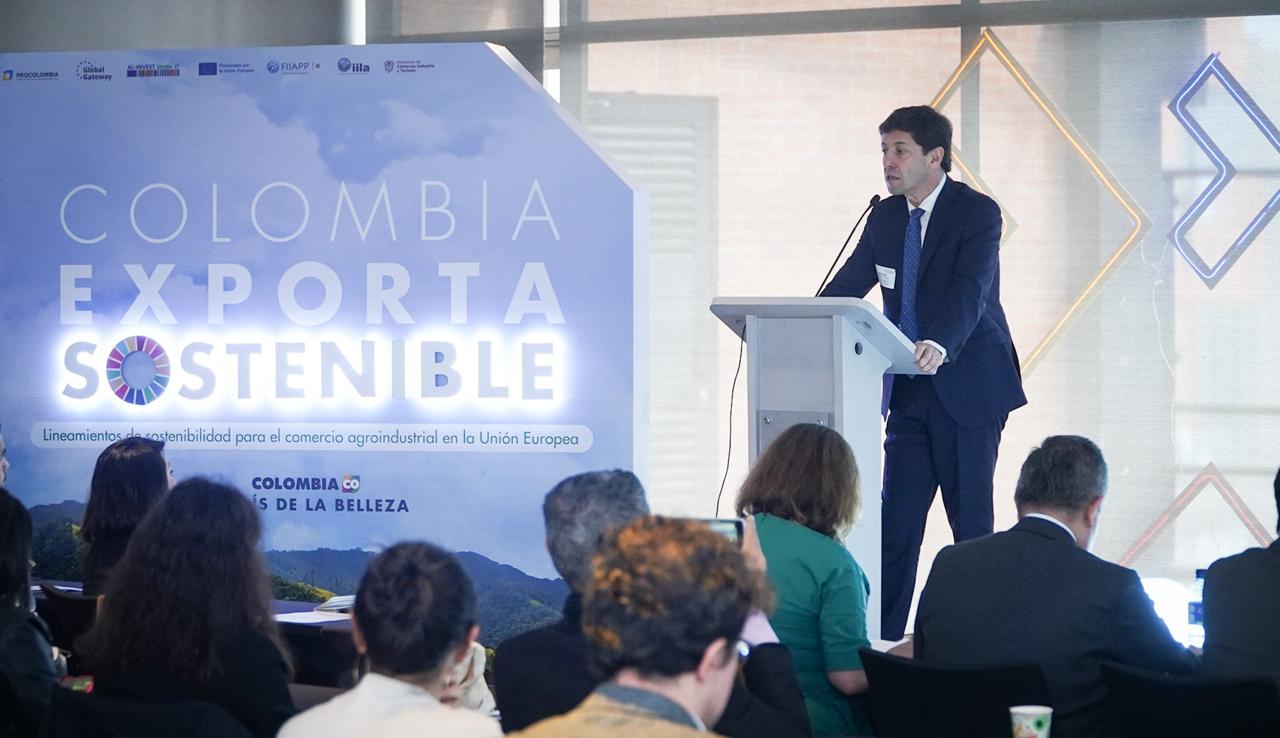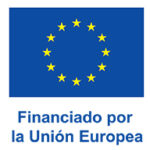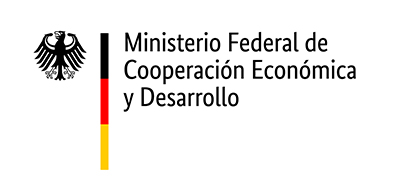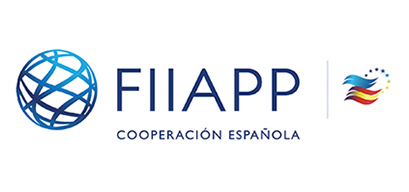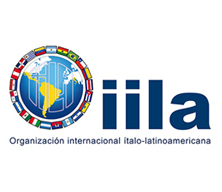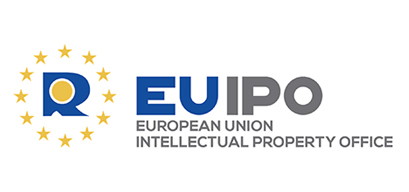Bogotá, 15 of March of 2024. On the occasion of the closure of the project "Sustainable Colombia Exports"The results of this action, including a roadmap to guide and structure the planning and execution of a series of actions aimed at strengthening the Colombian agro-export sector jointly between the National Government and the private sector, were presented.
During the event, Andrés Castellanos, ProColombia's vice-president in charge of Exports, assured that "sustainability is a vital issue in ProColombia's strategy to support the internationalisation of Colombian entrepreneurs, and in the Ministry's Reindustrialisation Policy for energy transformation towards sustainable productive development". "Not only products that have a positive impact on the environment and communities They have a better business opportunity in markets such as Europe, but also get better prices for payment," he said.
Ingrid Jenezova, programme manager of AL-INVEST Verde, highlighted the value of the collaboration with MINCIT and ProColombia, as well as the importance of sustainability in trade exchanges. "From AL-INVEST Verde, we are confident that this action has served to strengthen government-business collaboration in the export of sustainable products and that it has fostered the multi-stakeholder dialogue on sustainable production and tradeboth nationally and internationally," he said.
The roadmap is presented as a means to articulate and visualise the strategy to be followed to maintain or increase exports to the European market in each of the Colombian agro-industrial sectors considered, following the approval of the European Green Pact and other sustainability requirements of this market. On the other hand, it becomes a fundamental instrument to prepare the country for the economic, social and environmental challenges that are currently being faced.
Prioritised sectors
The "Colombia Exporta Sostenible" project began in March 2023 to identify the challenges, opportunities and needs of seven Colombian agro-industrial sectors in the face of the new sustainability requirements for exports to the European Union. The sectors analysed were coffee, cocoa, cane sugar, sacha inchi, fresh flowers, fresh fruits and palm oil.
Based on the analysis of these sectors, business requirements and sustainability regulations in countries such as Germany, the Netherlands, Belgium, Spain, Italy, Finland and France were reviewed.
In the framework of the project, 35 EU actors (marketers, producer associations, supermarkets, etc.) and 106 Colombian actors (public and private sector, academia, etc.) were interviewed, 240 surveys were received from Colombian companies and 25 field visits were carried out in different departments.
As a result of these analyses, a virtual training course will be launched on regulations, financing methods and recommendations, among other issues, to facilitate the sustainability of exports to the European Union. This course is structured in two modules. Module 1 provides general information on EU sustainability regulations, including the European Green Pact and private trends in this market. Module 2 includes information on the specific sustainability requirements of each sector analysed, as well as practical recommendations for adapting to the new requirements of the European market.
In addition to the course, companies will be able to access practical guides with information on Colombian public and private entities that can support the process of adapting to these new requirements.
The presentation of results was attended by representatives of the government, the European Union, international cooperation, trade unions and other private sector actors.
About AL-INVEST Verde
AL-INVEST Verde is a European Union (EU) programme whose main objective is to promote sustainable growth and job creation in Latin America by supporting the transition towards a low-carbon, resource-efficient and more circular economy. Through Component 2, led by FIIAPP in consortium with IILA, the programme provides assistance for strengthening public policy and multi-stakeholder dialogues on sustainable agricultural and value chains, environmental and labour standards, as well as sustainable trade and economic policy and regulatory frameworks.

